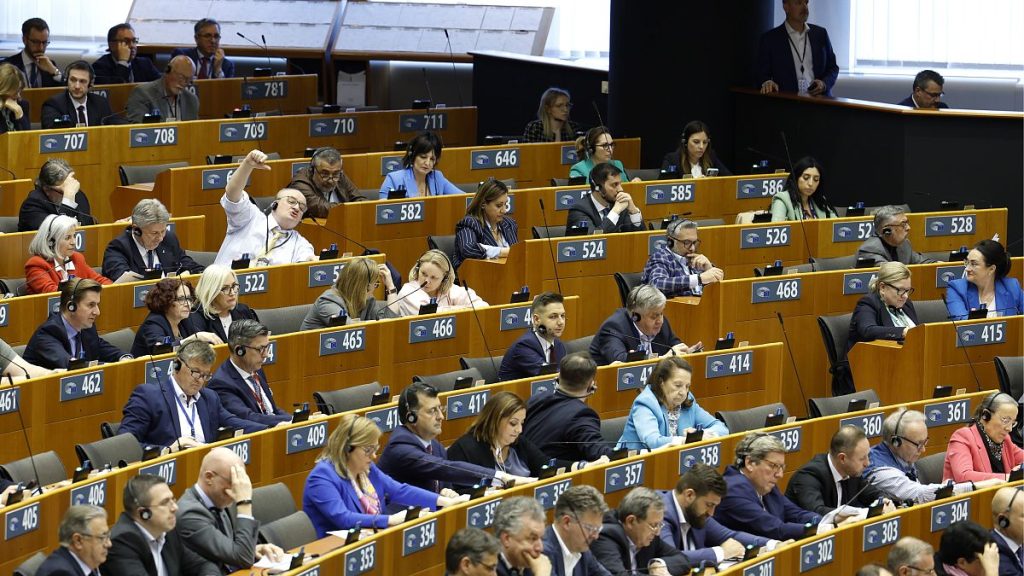The data collected by Euronews shows that out of the 720 lawmakers in the incoming European Parliament, only 37 have a diverse ethnic background. This number is similar to that of the previous EU election in 2019. The UK and France have the most ethnic minority MEPs, with the UK electing seven and France electing six in the 2019-2024 mandate. France and Sweden had the most diverse MEPs in the June 2024 EU election. The lack of meaningful representation in the Parliament highlights the need for greater inclusion and representation within EU political structures. ENAR has reported that while racial and ethnic minorities make up at least 10% of the European Union population, they only account for around 5% of elected MEPs.
Arash Saeidi, a French lawmaker born in Iran, emphasizes the responsibility of national parties to ensure better representation in the EU Parliament. He acknowledges that while France is not among the worst countries in terms of diversity, more efforts can be made to increase representation. Rima Hassan, a French-Palestinian lawmaker, points out the political underrepresentation of racialized European citizens. She believes that having more candidates from minority backgrounds can bring issues of anti-racism to all levels of political representation, enhancing democratic legitimacy. Countries like Belgium have only one MEP with a non-EU background, such as Assita Kanko from Burkina Faso.
The European Parliament has taken steps to improve diversity within its administration. In 2021, the Parliament’s Bureau approved a two-year roadmap to increase diversity among its staff, including milestones related to disability, LGBTIQ+ matters, and racial and ethnic diversity. Efforts are being made to foster ethnic diversity among parliamentary staff and provide extensive information on diversity and inclusion through information sessions. However, ENAR points out that the diversity problem extends beyond the Parliament to the European Commission, which lacks data on racial/ethnic diversity and does not implement positive action to improve representation.
Civil society organizations, including Amnesty International and Human Rights Watch, have called on the incoming European Commission to prioritize equality and non-discrimination in its work. The new Parliament has seen a decrease in female representation, with women making up 38.5% of MEPs. The Parliament’s High-Level Group on Gender Equality and Diversity will continue its work in the next term to promote equality and non-discrimination within the Parliament’s activities, structures, and bodies. Overall, efforts to improve diversity and representation within EU political structures continue to be a key focus for civil society organizations and lawmakers alike.


